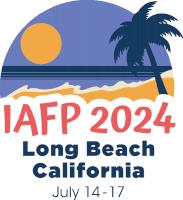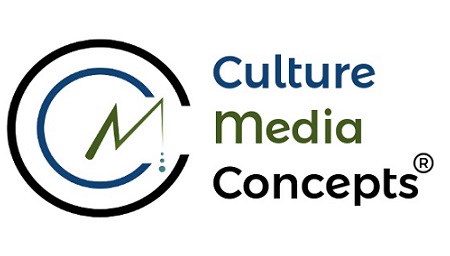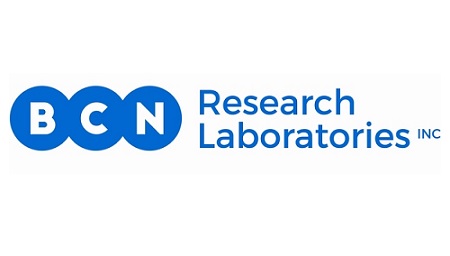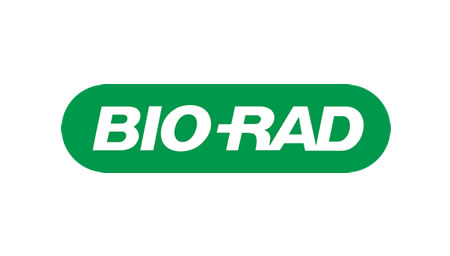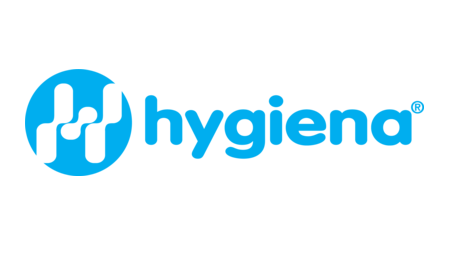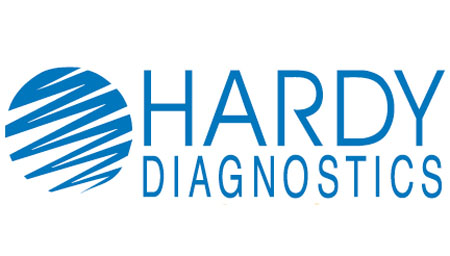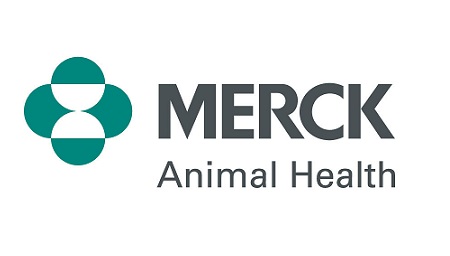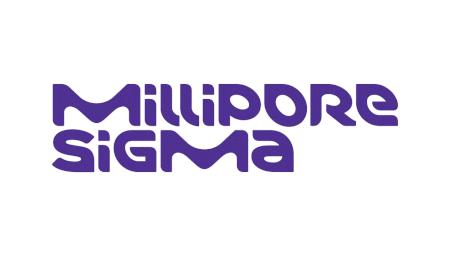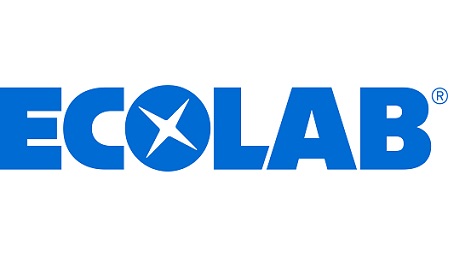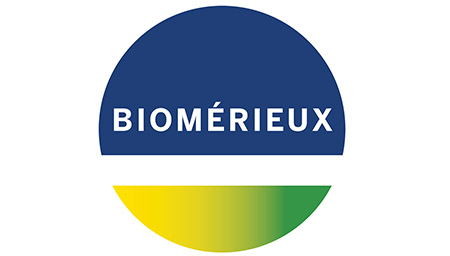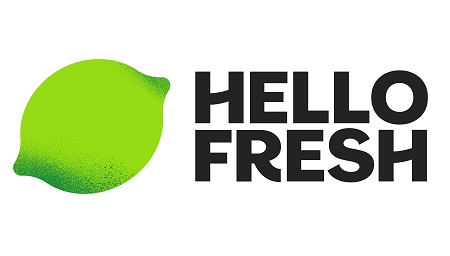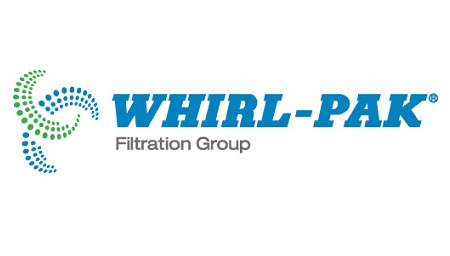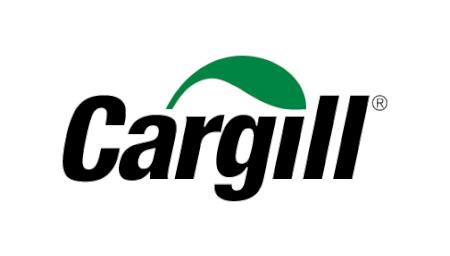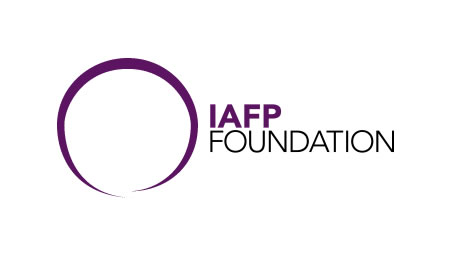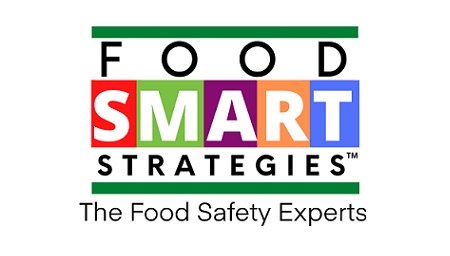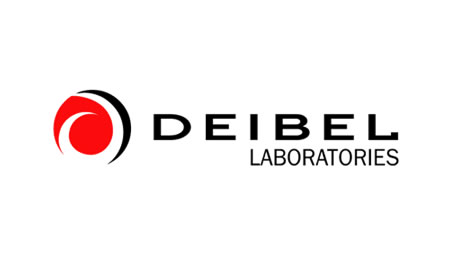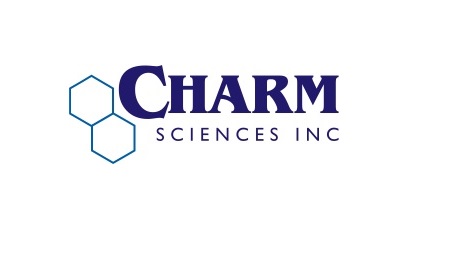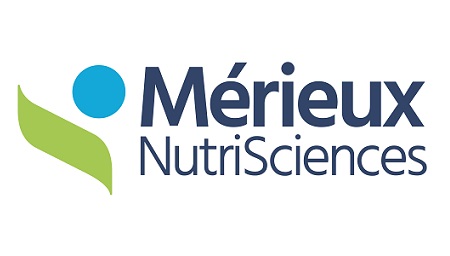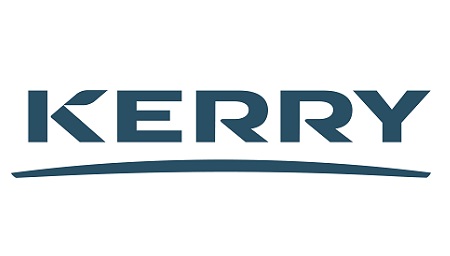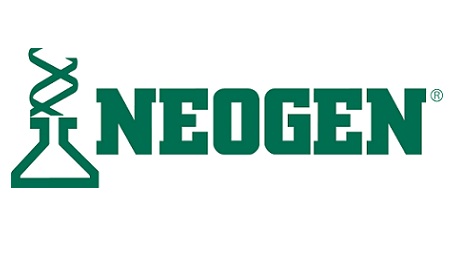Workshop 5 - How to Select the Best Solutions to Common Food Safety Culture Problems
Saturday, July 13 (8:30 a.m. - 5:00 p.m.)
Workshop Registration Fees
- Members $630.00
- Non-Members $730.00
- Late-fee $75.00
Late Rate Effective June 18, 2024.
Workshop rates are available for IAFP students upon request.
IAFP Workshop Cancellation Policy: Registration fees, less a $100 administration fee and any
applicable bank charges, will be refunded for written cancellations received by June 27, 2024. No
refunds will be made after June 27, however, the registration may be transferred to a colleague
who is NOT currently registered with written notification. Registrations cannot be carried to any
future meetings.
Photo Policy: We occasionally use photographs of attendees in our promotional material. By
attending, you agree to such usage.
Other: Any modifications to payment method will incur a $25 processing fee.
Refunds will be processed when received.
Workshop Description
Much improvement has been made across academics, regulators, and practitioners in considering the influence of culture on food safety performance and systems. It is generally acknowledged that without a consideration of an organization’s culture, it is difficult to get to a stage of truly preventing food safety issues.
This proposed IAFP workshop is designed to continue this evolution by helping participants solve common food safety problems through cultural interventions. Expert facilitators will bring experience and insights to help participants in this hands-on workshop.
The participants will work through a practical scenario from the Williwaw food company (anonymized to protect the company) that provides the participants with five food safety problems caused by that company’s culture and internal systems. The problems will be related to key stakeholders of a food company, i.e., FDA, external auditors, the management team, the maintenance team, the sanitation team, and the FSQA and Sanitation team. Each problem is led by an expert facilitator who will challenge the learners to recognize the connection to cultural attributes, e.g., leadership messaging and cultural diversity of the frontline teams and the reason for the problem. In addition, participants will work with a culture change toolkit to figure out what actions and interventions will have the biggest impact on solving the problem and managing the risk longer-term. The chosen actions will be inputted in a food safety culture simulator and provide the participants with immediate feedback on the expected effectiveness of their chosen actions.
Who Should Attend
Food safety practitioners wanting to improve their food safety culture efforts; food science researchers interested in the food safety and culture connection, regulators seeking to connect culture and food safety performance as part of their daily work.
Workshop Instructors
- Conrad Coiniere, FDA, College Park, DC, USA
- Andrew Clarke, Loblaw Companies Limited, Etobicoke, ON, Canada
- Kelly Stevens, General Mills, Minneapolis, MN, USA
- Marie Tanner, Reckitt, London, United Kingdom
- Carol Anne Wallace, Emeritus Professor of Food Safety Management, University of Central Lancashire, Prestonn, United Kingdom
Workshop Organizers
- Lone Jespersen, Cultivate SA, Hauterive, Switzerland
